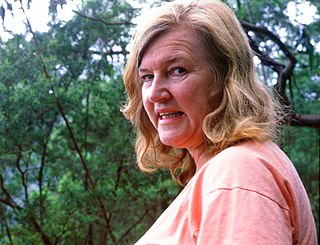Top 182 Distort Quotes & Sayings - Page 4
Explore popular Distort quotes.
Last updated on November 5, 2024.
The difficulty in judging what type of behavior works well arises not only because a given course of action does not always produce the outcomes. Similar outcomes can occur for reasons other than the person's actions, which further complicates inferential judgment. Effects that arise independently of one's actions distort the influence of similar effects produced by the actions, but only on some occasions. Given a strong cognitive set to perceive regularities, even chance joint occurrences of events can be easily misjudged as genuine relationships of low contingent probability
To the extent that we hyper-separate ourselves from nature and reduce it conceptually in order to justify domination, we not only lose the ability to empathise and to see the non-human sphere in ethical terms, but also get a false sense of our own character and location that includes an illusory sense of autonomy. The failure to see the non-human domain in the richer terms appropriate to ethics licences supposedly ‘purely instrumental’ relationships that distort our perceptions and enframings, impoverish our relations and make us insensitive to dependencies and interconnections

